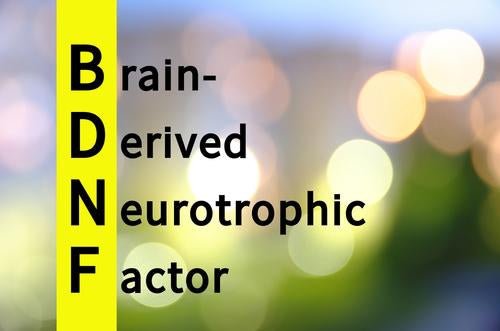Shrinkage of certain brain areas is linked to decreased cognitive function and Alzheimer’s disease.
The researchers used MRI scanning of the brain to verify the results, and the participants were elderly people with increased risk for dementia (Douaud G, et.al., 2013).
In an initial randomized study the researchers did, they showed that treatment with these B vitamins: Folic acid 800 mcg, B6 20 mg, and B12 500 mcg, slowed shrinkage of the whole brain volume over 2 years.
In this study, they demonstrated that vitamin B treatment reduced grey matter atrophy (shrinkage) 7-fold in the areas specifically vulnerable to the Alzheimer’s process.
In the placebo group, higher levels of homocysteine were associated with faster grey matter atrophy, but this is largely prevented by the B vitamins Folic acid, B6, and B12.

Homocysteine is a metabolite and an amino acid involved I an important metabolic pathway. It is however not healthy to have high homocysteine levels.
An earlier study found that higher folate levels were associated with a better cognitive function, and better performance on psychomotor speed regardless of homocysteine levels (deLau LM, et.al.,2007).
The 1092 participants did not have dementia and were between 60 and 90 years of age. They underwent extensive cognitive testing and brain imaging.
When 51 patients with Alzheimer’s disease and 65 cognitively screened controls were studied, blood holotranscobalamin which is the active fraction of blood B12, were found to be low in the Alzheimer’s patients (Refsum H, Smith AD, 2003).
Blood levels of regular cobalamin (B12) were however not low.
When you take B vitamins, take a high-quality B-Complex which should include all of the B vitamins and the metabolite of folic acid methyltetrahydrofolate, to ensure that your body can use it. I also recommend methylcobalamin which is the form of B12 important for the nervous system.

References
de Lau LM, Refsum H, Smith AD, Johnston C, Breteler MM. Plasma folate concentration and cognitive performance: Rotterdam Scan Study. Am J Clin Nutr. 2007 Sep;86(3):728-34.
Douaud G, Refsum H, de Jager CA, Jacoby R, Nichols TE, Smith SM, Smith AD. Preventing Alzheimer’s disease-related gray matter atrophy by B-vitamin treatment. Proc Natl Acad Sci U S A. 2013 Jun 4;110(23):9523-8.
Refsum H, Smith AD. Low vitamin B-12 status in confirmed Alzheimer’s disease as revealed by serum holotranscobalamin. J Neurol Neurosurg Psychiatry. 2003 Jul;74(7):959-61.

Vitamin B Complex
TThe B1 (thiamine), B2 (riboflavin), B6 (pyridoxine), and B12 (cobalamin) comes in their physiologically active form, making them easier to absorb.









